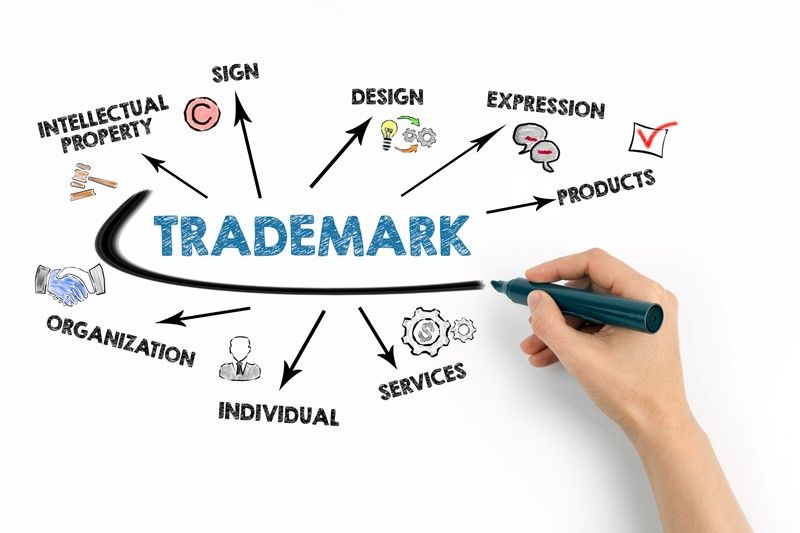Changes to tax status of non-UK domiciles
From 6 April 2025, the remittance basis for non-doms is abolished. A new UK tax regime now applies to non-domiciled individuals, focused solely on residence. New arrivals can benefit from a 4-year exemption on foreign income and gains, but action is needed. CGT rebasing, Overseas Workday Relief, and a limited-time 12%–15% repatriation facility could all offer planning opportunities. Review your position now.
Since 6 April 2025, significant changes to the UK tax status for non-UK domiciled individuals have come into force. The remittance basis of taxation has been abolished, and a simplified, residence-based regime is now in place. This marks a fundamental shift in how foreign income and gains (FIG) are taxed for individuals living in the UK.
Under the new system, a 4-year FIG regime has been introduced. Individuals newly arriving in the UK, who have not been UK tax residents in the previous ten consecutive years, can claim 100% tax relief on their foreign income and gains for their first four years of UK residence.
To ease the transition, Capital Gains Tax (CGT) rebasing is available. Those who previously used the remittance basis may rebase personally held foreign assets to their 5 April 2017 value, subject to conditions.
Overseas Workday Relief has also been extended to a four-year term, matching the FIG regime. From now on, this relief no longer requires employment income to remain offshore.
A Temporary Repatriation Facility (TRF) has also been launched. Running for three years from April 2025, it allows individuals taxed under the old remittance rules to bring in pre-reform foreign income and gains at reduced tax rates—12% for the first two years and 15% in the final year. This includes income and gains held in trust structures that were previously untaxed.




